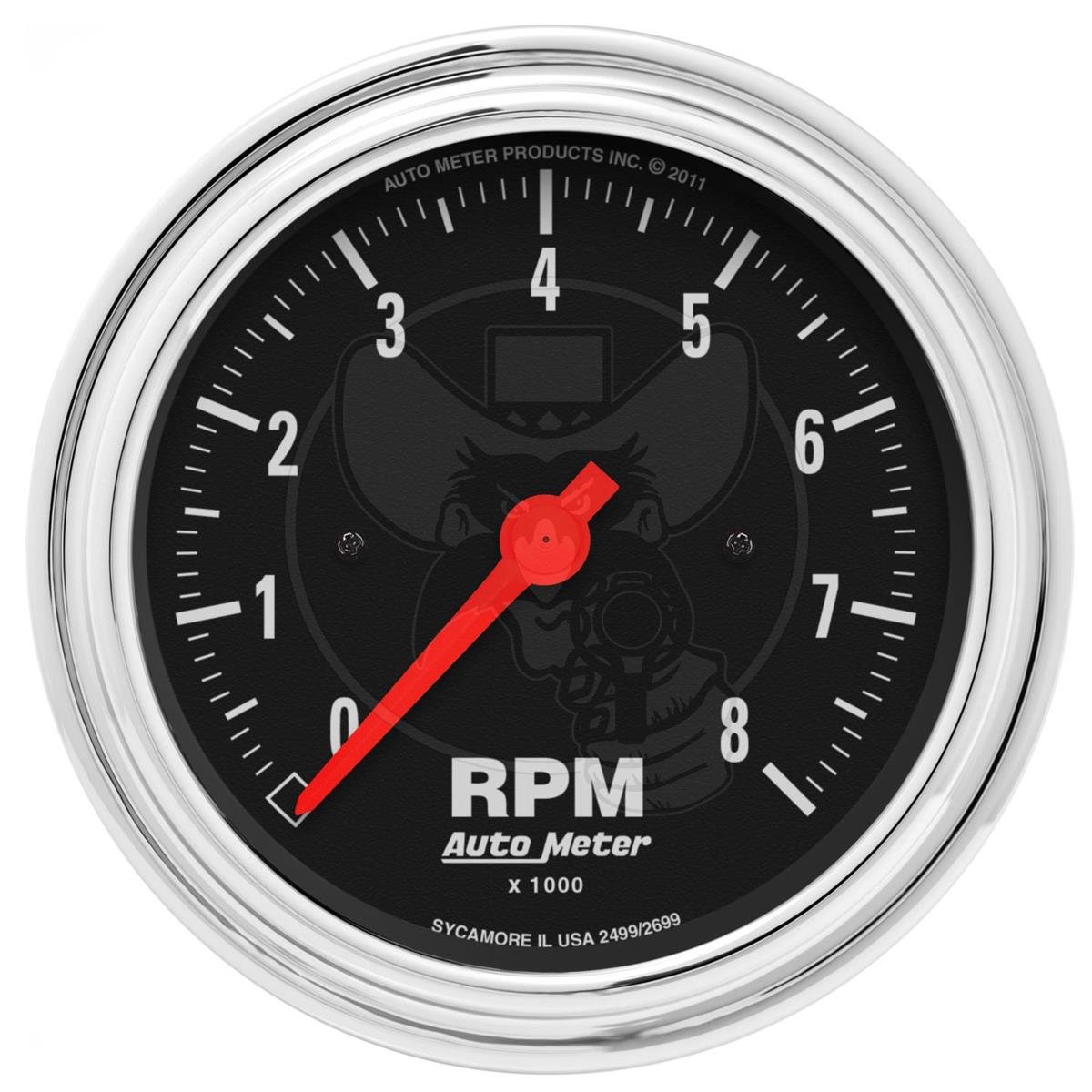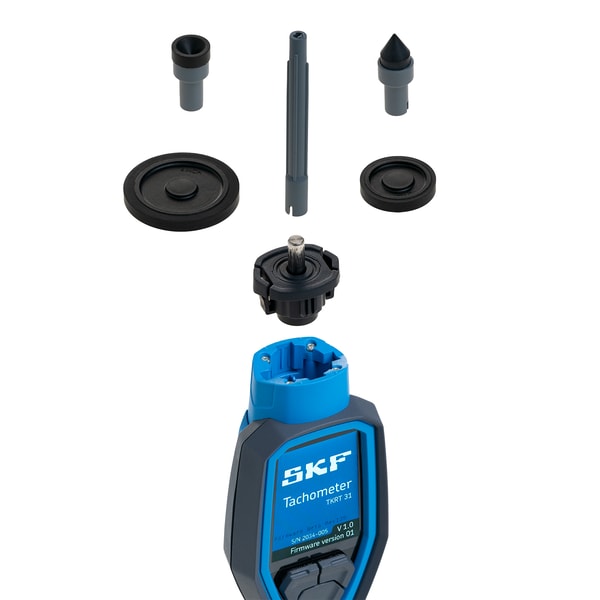Expert Tips for Maintaining and Adjusting Your Tachometer
Expert Tips for Maintaining and Adjusting Your Tachometer
Blog Article
Key Reasons Why Having a Tachometer Is Vital for Keeping Engine Wellness and Effectiveness
This humble yet crucial tool plays a critical function in the upkeep of an engine's wellness and effectiveness. By offering real-time data on engine speed and RPM degrees, a tachometer uses important insights that straight impact the performance and longevity of the engine. Let's explore the crucial factors behind its critical function in maintaining engine health and efficiency.
Protecting Against Engine Over-Revving

To guard the engine from possible damages, it is crucial to carry out procedures that avoid over-revving, a method that can bring about costly repair services and decreased engine life-span. Over-revving happens when the engine's rotational speed goes beyond the maximum restriction established by the maker, triggering unnecessary stress and anxiety on interior components such as pistons, valves, and linking rods. This excessive strain can lead to mechanical failings, including bent shutoffs, harmed pistons, and even disastrous engine failing.
A rev limiter is a tool that manages the maximum RPM (changes per min) of the engine by either reducing off fuel flow or spark to the engine when the pre-set restriction is gotten to. Routine upkeep checks to ensure the engine is in optimum condition can also help in stopping over-revving occurrences and extending the engine's lifespan.
Maximizing Gas Usage
Effective gas usage plays a crucial function in making the most of the efficiency and sustainability of an engine. tachometer. Maximizing gas consumption not just aids in lowering functional prices however additionally decreases the environmental impact of vehicle exhausts. By making use of a tachometer to keep track of engine speed and change driving routines accordingly, drivers can achieve better gas performance
Preserving a constant pace and avoiding unexpected accelerations and slowdowns can dramatically enhance fuel economic climate. Additionally, correct equipment choice based upon the tachometer readings ensures that the engine runs within its optimal array, leading to extra efficient fuel burning.
Consistently keeping track of the tachometer can also assist identify any inefficiencies or mechanical issues that might be impacting gas consumption. An unexpected rise in fuel usage without a corresponding modification in driving habits might show a trouble that requires attention.
Monitoring Engine Wellness
Keeping an eye on engine health is important for ensuring optimal efficiency and longevity of the car. By using a tachometer to monitor engine speed, drivers can find irregularities that might show prospective problems with the engine. A tachometer gives real-time information on engine changes per minute (RPM), enabling vehicle drivers to identify any type of uncommon spikes or decreases in RPM that could indicate troubles such as misfires, worn-out parts, or engine overheating.

Regularly monitoring engine health via making use of a tachometer enables motorists to deal with concerns promptly before they rise and create substantial damage. As an example, finding a decrease in RPM can suggest fuel distribution he has a good point issues or a stopped up air filter, while an unexpected increase in RPM may indicate issues with the transmission or exhaust system. By staying alert and responsive to modifications in engine efficiency, drivers can protect against pricey repairs and make sure the general health and wellness and effectiveness of their automobile.
Expanding Engine Life-span
Guaranteeing the longevity of an engine requires attentive maintenance methods and conscientious surveillance of crucial performance signs. Extending an engine's life expectancy is essential for reducing overall car maintenance costs and avoiding unforeseen failures. A tachometer plays a substantial function in this element by providing real-time information on engine rate, enabling drivers and mechanics to make informed decisions to avoid too much wear and tear.

Additionally, routine maintenance based upon tachometer readings, such as prompt oil modifications and ignition system substitutes, can considerably contribute to prolonging the engine's long life. On the whole, incorporating a tachometer into regular engine surveillance techniques is important for maintaining the engine's health and efficiency over the long-term.
Conserving Money on Repair Works
A tachometer assists in keeping an eye you can try here on the engine's RPM (revolutions per minute), allowing drivers to operate within the suggested array. By staying within these optimum RPM degrees, too much strain on the engine can be avoided, lowering the probability of expensive fixings due to straining the engine.
Moreover, by utilizing the data from a tachometer to practice smooth acceleration and slowdown, chauffeurs can prolong the click for source life-span of their automobile's elements, ultimately saving money on maintenance and substitutes. On the whole, the understandings given by a tachometer empower vehicle drivers to make enlightened choices that can prevent unnecessary deterioration on the engine, causing substantial price financial savings in the lengthy run.
Final Thought
In final thought, a tachometer plays an essential role in maintaining engine health and wellness and performance by avoiding over-revving, maximizing fuel intake, checking engine health, prolonging engine life expectancy, and conserving money on fixings. It is a necessary device for making certain that the engine runs within safe limitations and executes at its best, inevitably contributing to the long life and general efficiency of the car.
Report this page